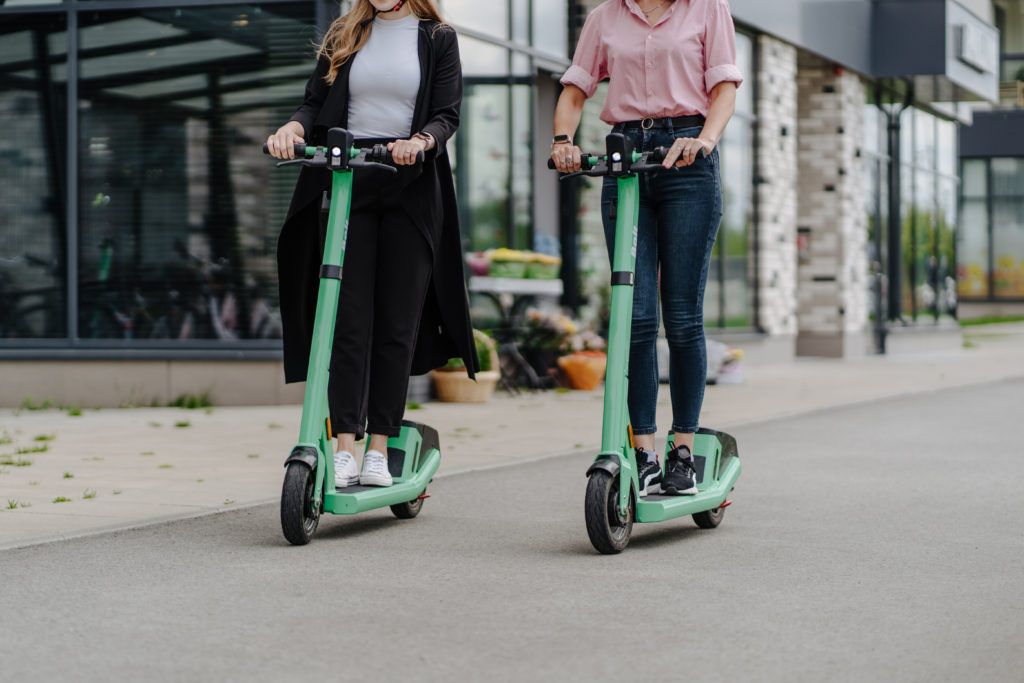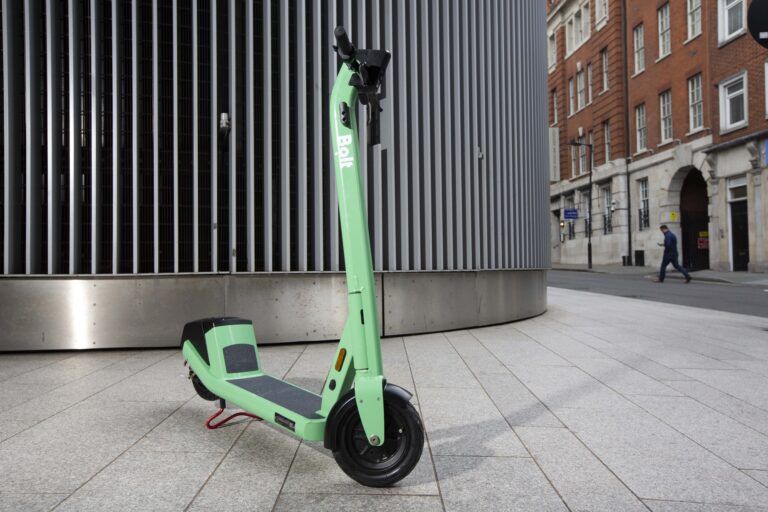Bolt, the largest scooter operator in Europe, has filed a patent for its new tandem riding prevention system – the first of its kind in the world – in bid to improve industry safety standards for scooters. Bolt’s patent submission for the system has now been accepted by the European Patent Office, and if awarded it will be valid in 154 countries.
To improve safety standards further, Bolt is also rolling out its cognitive reaction test, aimed at helping prevent intoxicated riding, and testing a skid braking prevention system. All the features are designed in-house by Bolt’s engineers.
Riding a scooter designed for one rider with an additional person is a frequent cause of accidents. Many cities have regulations against it, and most scooter operators have rules and conditions prohibiting this unsafe behavior.
However, Bolt is the first operator to design an in-app functionality aimed at detecting tandem riding and discouraging it. According to Bolt, the tandem riding prevention system is a truly revolutionary development, as it tackles one of the most recurrent safety issues in the scooter industry.
“We are more than a micro mobility provider. We want to be partners for cities and communities. This is why we have decided to take on the most pressing safety challenges in the scooter industry: tandem riding, drunk riding and skidding. Being taken under consideration for a patent on our tandem riding prevention system is a clear sign that we are on the right path. It also shows that we are leading our industry’s efforts for making scooters safer,” said Dmitri Pivovarov, VP for Rentals at Bolt.
 The system is based on the Bolt 4 scooter’s in-built accelerometer, which was initially developed to measure the scooter’s acceleration rate. Bolt’s engineers are using the same hardware to detect sudden changes in mass, which is a clear sign that there are several people on one scooter. In this case, the user receives a push notification on his app.
The system is based on the Bolt 4 scooter’s in-built accelerometer, which was initially developed to measure the scooter’s acceleration rate. Bolt’s engineers are using the same hardware to detect sudden changes in mass, which is a clear sign that there are several people on one scooter. In this case, the user receives a push notification on his app.
Meanwhile, the cognitive reaction test is an in-app feature that aims to evaluate if a client is sober and therefore fit to ride a scooter. As part of the test, during specific timeframes, Bolt users are requested to react to several on-screen instructions, before being allowed to go on a scooter ride. The feature has already been rolled out in 14 European cities and Bolt is looking to expand the coverage over the following months.
Lastly, the skid braking prevention system is designed to detect reckless behavior, such as fast riding or drifting. The system detects rapid braking resulting in the back wheel of a scooter getting locked. When such an event occurs, clients are warned against the dangerous behavior through an in-app push notification. The feature is currently being tested in Berlin with promising results.





